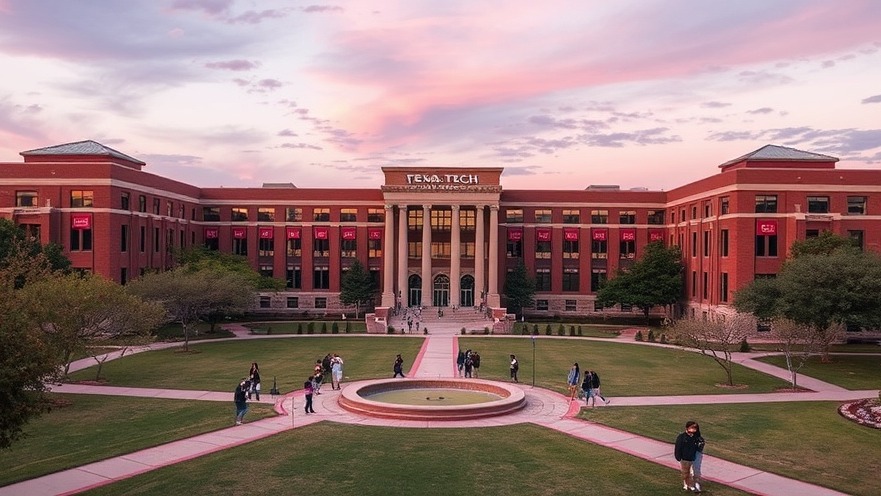
Brandon Creighton: The Architect of Higher Education Reform
State Senator Brandon Creighton, a Republican from Conroe, is poised to become the sole finalist for the position of chancellor of the Texas Tech University System. With a history of championing transformative legislation in higher education, his recent efforts include significant reforms aimed at reshaping the landscape of Texas universities.
Legislative Milestones and Opportunities
In his role as the chairman of the Senate Education Committee, Creighton has authored pivotal pieces of legislation such as Senate Bill 17, which bans diversity, equity, and inclusion offices at public colleges. His involvement in these legislative changes has led to a paradigm shift in how universities operate, transferring considerable authority from campus leaders to state-appointed regents. This move, while aimed at aligning institutions more closely with state interests, raises questions about the balance of academic freedom at Texas universities.
Support from the Texas Tech Community
The Texas Tech Board is enthusiastic about Creighton’s expected nomination. Board Chair Cody Campbell expressed confidence in Creighton’s vision and commitment to advancing the university's mission, which includes serving students and driving research. This sentiment was echoed by other board members, who anticipate Creighton’s leadership will foster growth at Texas Tech, particularly in West Texas, a region poised for expansion.
Concerns Over Academic Freedom
Despite the backing from legislative leaders and university boards, Creighton's record has elicited caution among some Texas academics. The Texas Conference of American Association of University Professors raised alarms about the implications Creighton’s policies may have for academic freedom and shared governance. They emphasize that the traditional collaboration between faculty, administration, and trustees is crucial to maintaining a robust educational environment.
The Shift in Power Dynamics
Creighton’s initiatives to restrict faculty influence and enhance regents' power signify a broader trend in Texas higher education, where legislative scrutiny of universities has intensified. The implications of this shift are multifaceted, fostering debates about institutional autonomy versus targeted accountability. As the educational landscape evolves under Creighton's proposed leadership, stakeholders are watching closely to see how Texas universities adapt to new legislative frameworks.
The Future of Texas Tech University System
If confirmed as Texas Tech chancellor, Creighton's leadership style and policies will undoubtedly shape the university's future. His vision aligns with state government initiatives aimed at transforming higher education, focusing on stem programs and workforce readiness, critical issues in a rapidlychanging job market. As this potential transition unfolds, the dialogues around inclusivity, governance, and autonomy will become focal points for Texas higher education.
Conclusion: A Call to Monitor Higher Education Changes
With changes looming in the leadership of Texas Tech, the role of higher education in shaping student experiences and maintaining academic integrity is about to enter a new chapter. As stakeholders, faculty, and students reflect on these possible changes, they must remain engaged in the ongoing discussions of governance, policy shifts, and the core values that uphold university principles. Staying informed through consistent news updates will be essential as political and educational landscapes coalesce in these pivotal moments.
 Add Element
Add Element  Add Row
Add Row 



Write A Comment